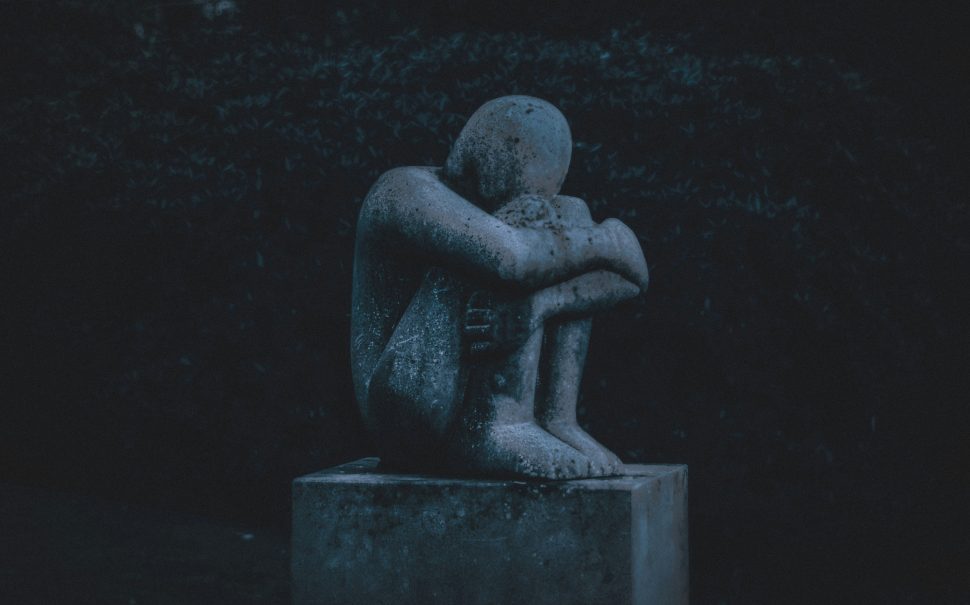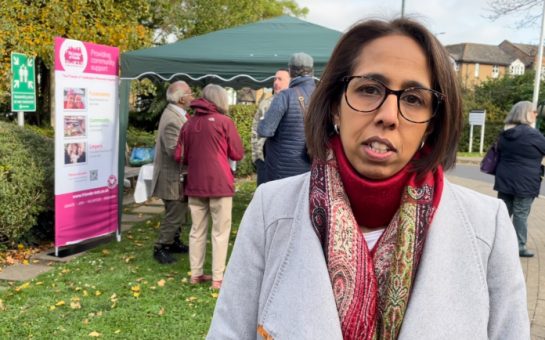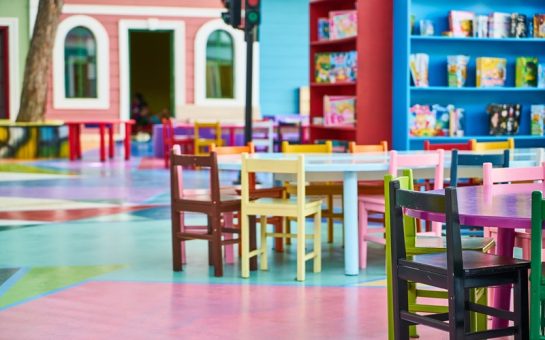Approximately 46,300 children lose a parent each year in the UK, according to a national child bereavement charity.
The Childhood Bereavement Network, supports bereaved children and young people as well as sharing estimated rates of children left without a parent based on calculations from annual mortality rates.
Colleen Mousseau, Clinical Director at AWC Grief Support, specialises in working with grieving children and their families.
“I’m a registered psychotherapist and my practice is primarily focused on supporting children, youth and adults around the death and dying of somebody in their life and included in that and is a fair amount of work on trauma,” explains Mousseau.
In 2022, almost 22,000 children in England lost a parent according to the Childhood Bereavement Network.
Over 7.5 million cases are backed up on waitlists at the NHS making the prospect of seeking public mental health or bereavement support daunting.
Mousseau explains that finding a community can be healing for children, this could be in the form of a hospice group for bereaved family members or leaning into resources created for grieving children.
“Having connection to others who share a lived experience can also be, very low budget but also high impact,” she adds.
UNICEF recommends parents or guardians do their best to avoid delaying the truth, wanting to protect a child is natural but the children’s charity argues that honesty when discussing death with a child is crucial even when it feels uncomfortable.
“There’s sort of an insurgence of mental health needs and we’re seeing, some of that is directly related to the pandemic, but additionally in terms of lifestyle, families are more isolated and less connected and symptomatically, we’re feeling a tremendous amount of separation anxiety.”
Mousseau believes that including children in the dying process and the rituals that follow is an important part of life that they should take part in, but ultimately understands the discomfort this can cause.
She explains: “When it comes to death and dying, if you look at over the last century, we’ve really sanitised dying.
“We’ve also disconnected kids from the bedside of people who are dying and we’re not actually doing them any favours by leaving them out.”
In 2022, England alone saw an average of 720 children losing a parent per week. Mousseau believes that being around others who are grieving can be healing and helpful, and that including children is paramount.
She explains: “We know that kids have incredible imaginations, it’s part of being a kid, it’s part of the neurological development of children.”
When they don’t have access to what they can see, they imagine it, if they don’t have the information, but they can sense that something isn’t right they will fill in those gaps with their imagined version of those things.”
Image source: Photo by K. Mitch Hodge on Unsplash





